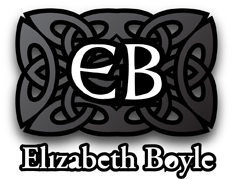Lay Morality, Clerical Immorality, and Pilgrimage in Tenth-Century Ireland
‘Lay Morality, Clerical Immorality, and Pilgrimage in Tenth-Century Ireland: Cethrur Macclérech and Epscop do Gáedelaib’, Studia Hibernica 39 (2013), 9-48 The subject of this essay is a pair of medieval Irish ecclesiastical anecdotes, namely Cethrur macclérech (‘Four Junior Clerics’) and Epscop do Gáedelaib (‘A Bishop of the Gaels’). Insofar as they have received any scholarly attention, these […]
